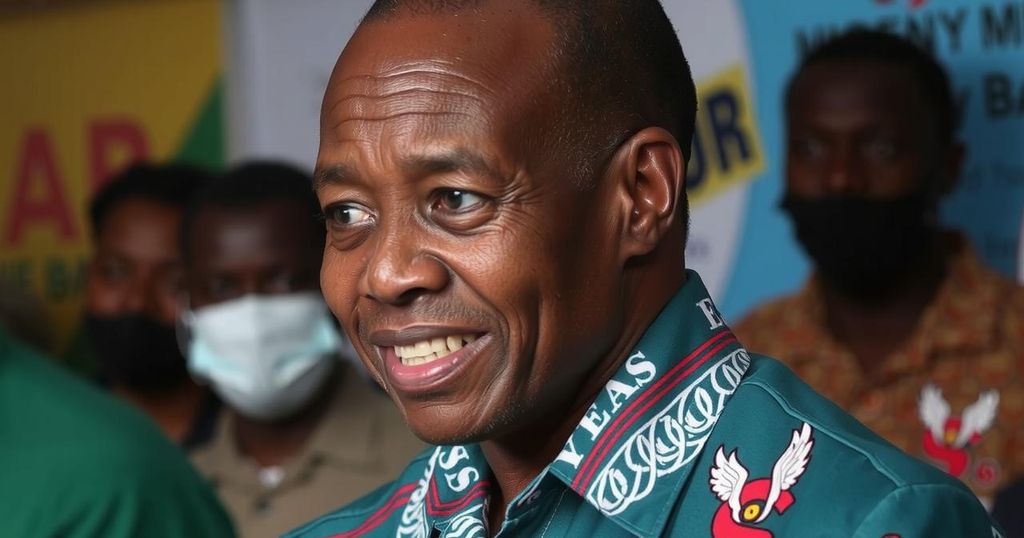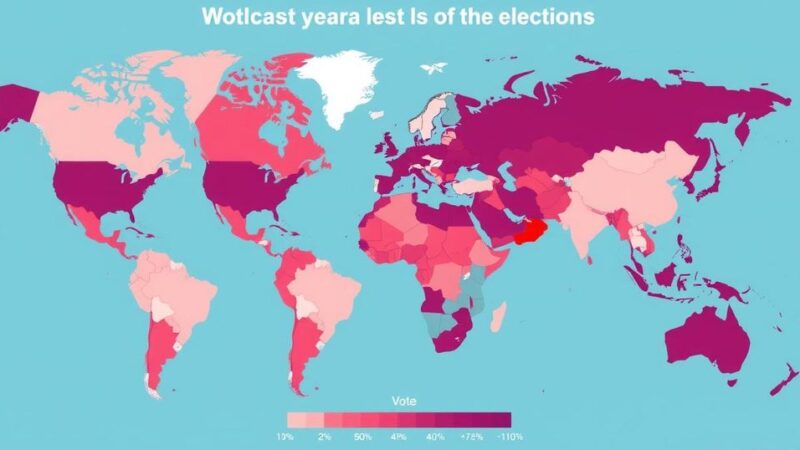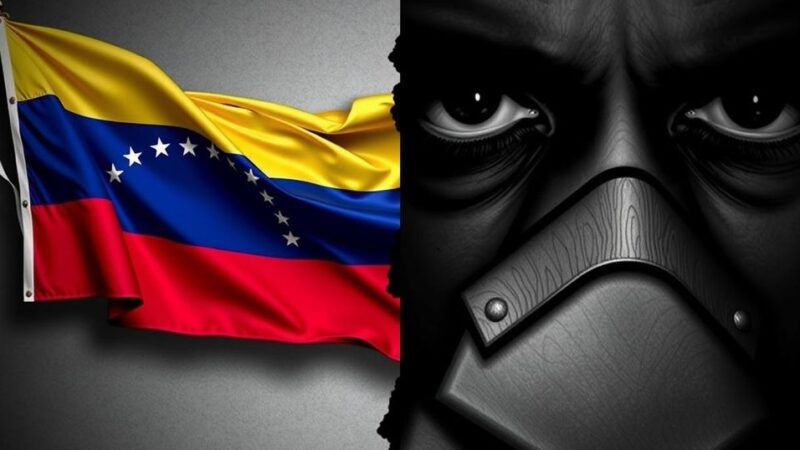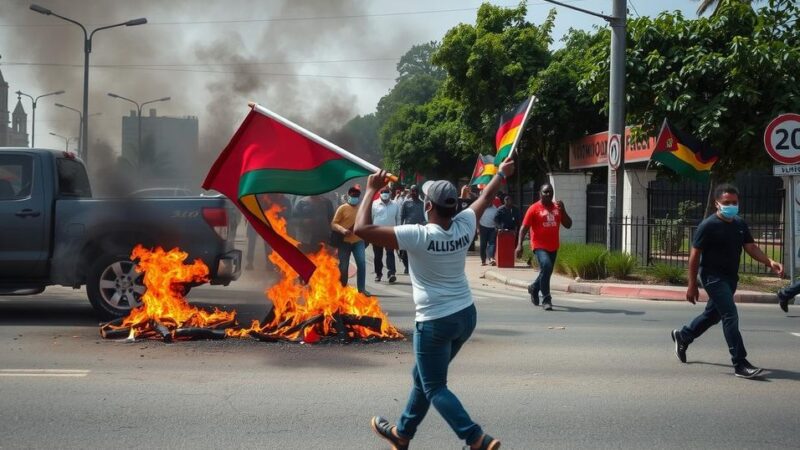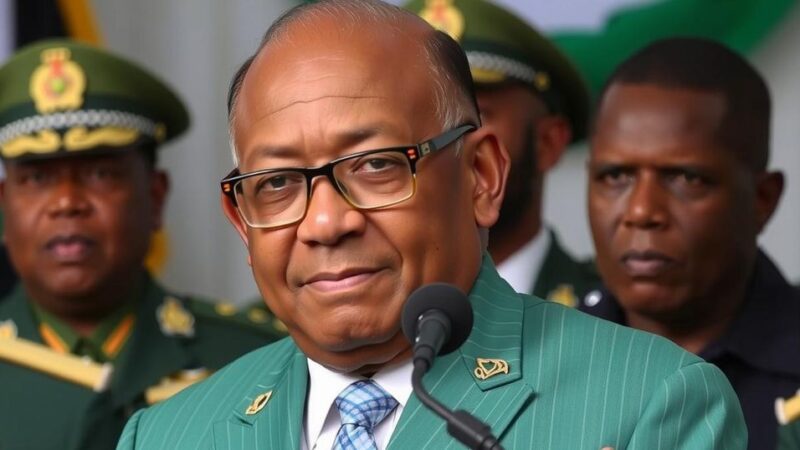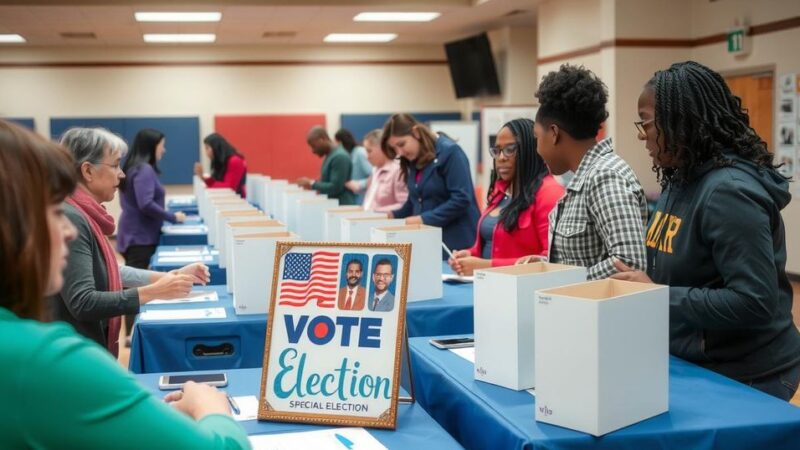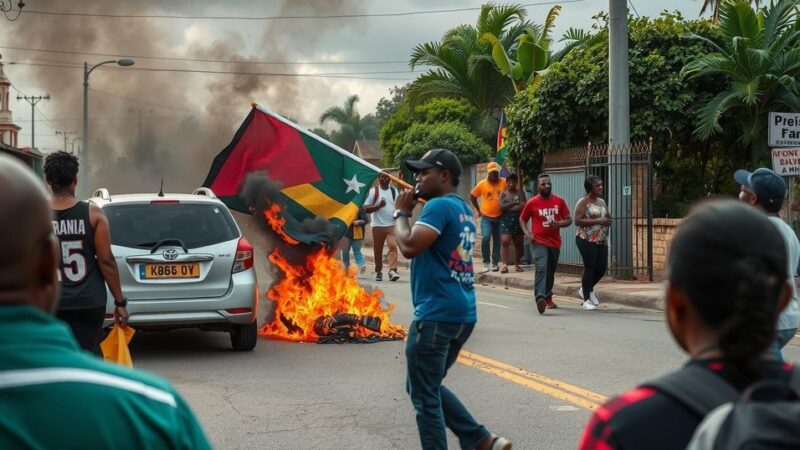Maputo is recovering from post-election violence, with residents facing fears of looting and shortages of essential goods. Following the ruling Frelimo party’s contested electoral victory, unrest has led to neighborhood patrols and significant security concerns. Though unverified reports of criminal activity circulate, local residents report a struggle for basic necessities amidst the chaos.
Maputo, the capital of Mozambique, is grappling with an atmosphere of fear and disorder following recent post-election violence. The unrest was ignited by the announcement of election results that confirmed the ruling Frelimo party’s victory. Residents confront shortages of essential goods, including food, fuel, and medicine, while the aftermath of a prison break involving more than 1,000 inmates has compounded the anxiety throughout the city. Neighbourhood patrols have emerged as locals armed themselves in response to unverified reports of criminals wandering the streets. The sense of insecurity is palpable, as citizens like Maria Amelia reported being startled by rumors of armed intruders in her neighborhood, although she personally did not witness anyone suspicious.
Despite the heightened fears, a researcher noted that there have been no confirmed attacks associated with the troubling rumors. Additionally, the police chief’s recent remarks about detainees possibly being granted access to homes have raised further alarms about the government’s narrative amid social unrest. Following the court’s confirmation of Frelimo’s electoral win, tensions have escalated, resulting in riots and significant casualties. As makeshift barricades gradually clear from the streets, citizens in Maputo are cautiously venturing out in search of basic necessities amidst ongoing supply issues and widespread closures of businesses.
Residents have expressed their plight through their testimonies, with individuals like Isabel Rocha indicating a desperate need for bread amid bakery closures. Others, such as Tomas Panguene, outlined the challenges of obtaining medical supplies due to blocked roads and ongoing street barricades. This combination of political turmoil and local unrest has contributed to a distressing situation for the inhabitants of Maputo.
The political landscape in Mozambique has recently been marked by significant tension following the October 9 elections, where the ruling party, Frelimo, confirmed its continued dominance despite accusations of electoral fraud from the opposition. The violence erupted post-results, reflecting deep-seated discontent and leading to widespread riots that resulted in numerous fatalities. Coupled with the political unrest, a security crisis arose from a large-scale prison escape, exacerbating fears and prompting a community response as local residents organized patrols to safeguard their neighborhoods amid rising rumors of crime. The situation has created an environment of uncertainty and anxiety in Maputo as residents struggle with limited access to essential goods and services.
The ongoing violence and chaos in Maputo following the contested election results underscore the volatility of Mozambique’s political climate. With looting, shortages of goods, and increasing fears of crime, residents are left grappling with insecurity amidst a perceived governmental crisis. The response from the citizens, including the establishment of neighborhood patrols, reflects their attempts to cope with a deteriorating situation, while calls for accountability and recognition of alleged electoral manipulation continue to mount. Until substantial changes occur, the possibility of a return to stability remains uncertain for the inhabitants of Maputo.
Original Source: www.barrons.com

